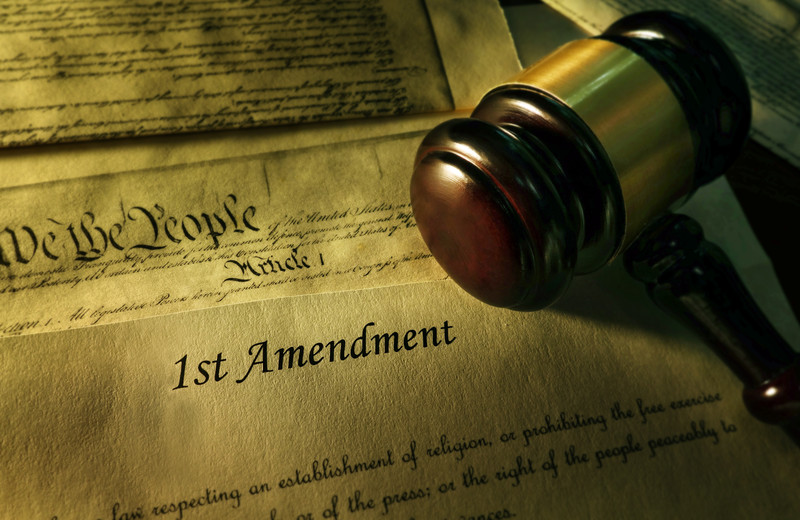
Your right to peacefully assemble and petition is protected under the First Amendment. Police and government officials, however, can restrict the ways you exercise this freedom. For your safety, refresh your understanding of the right to petition before organizing or attending a protest.
Your right to petition
-
Your First Amendment rights are most secure on public property where a permit is not needed, including streets, parks, and government plazas.
-
Your speech cannot solely be restricted because it is controversial. However, there are limitations on what is protected by the constitution. An example of unprotected speech is speech that incites imminent violence.
-
Owners of private property may set specific rules for speech on their property.
When a permit is needed
-
A demonstration may require a permit if streets are intended to be blocked by a rally or a public area will become overcrowded.
-
A permit is not needed to march in streets or sidewalks. However, if a protest blocks a pedestrian or car access without consent, police are allowed to ask protesters and counter-protesters to move somewhere that does not disrupt traffic.
-
Police also have the power to disperse a protest if it shifts to rioting or if they feel there is an urgent threat to public safety.
Photo and video documentation
-
Photographs of anything in your plain sight can be legally taken if you are lawfully present in a public space, and cannot be confiscated or deleted without a warrant.
-
Private property owners have the right to set their own specific photo or video rules.
-
Be wary that videotaping can get technical; some US states do not fully protect the audio portion of a video recording as they do for visual photographs.
Plan ahead
-
Before attending a protest, it may be best to communicate with a friend or family member about the possibility of your arrest and how they could connect with you if such a situation did occur.
-
It can also be beneficial for your emergency contact if you research beforehand which police facility you would most likely be processed at, this can depend on where the protest is planned to be located.
-
If you think your supporting friend or family member might need to seek a bail bond to assist in bailing you out of jail, confirm that they have access to the necessary information a bonding company will need to do so. This can include your name, jail location, and your primary background information, including any records.
If you, or someone you love, is incarcerated at the federal, state, or local level, we advise you to receive counsel from an attorney or bail bondsman to review your options. Call AAA Bail Bonds at 612-900-3400 with any related bail questions and concerns.



